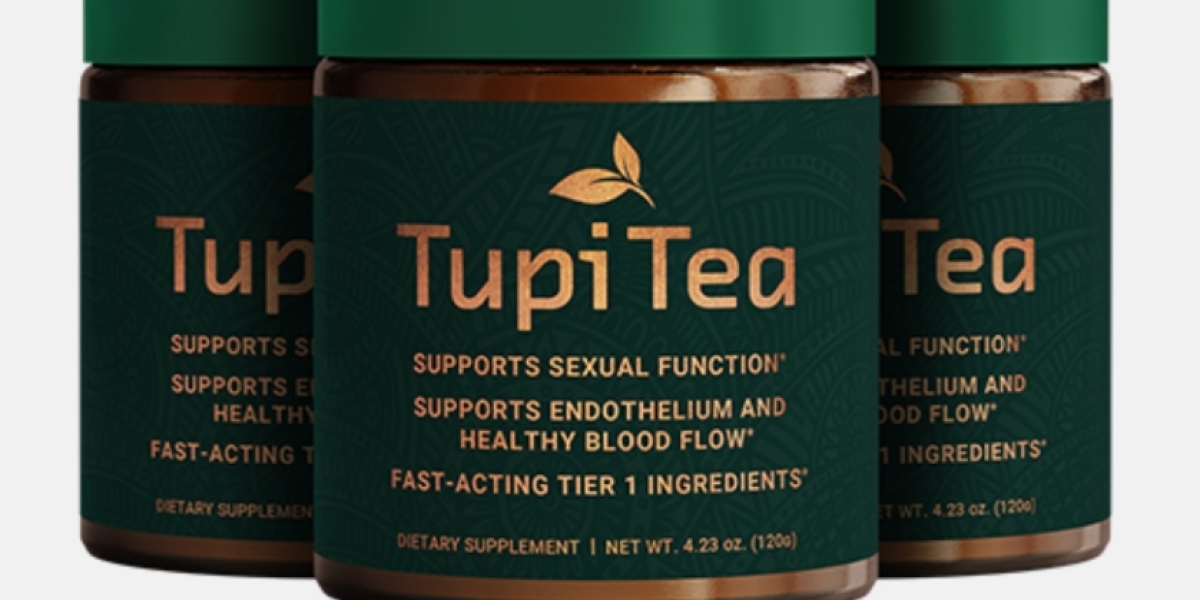Kosher certification
Introduction:
Kosher certification plays a significant role in ensuring the purity and compliance of food products according to Jewish dietary laws. For individuals who follow kosher dietary guidelines, the presence of a kosher certification mark provides reassurance that the product meets their religious and dietary requirements. In this article, we delve into the world of kosher certification, exploring its importance, the certification process, and the benefits it offers to both manufacturers and consumers.
What is Kosher Certification?
Kosher certification is a process that verifies and guarantees that a product or establishment meets the standards set by Jewish dietary laws, known as kashrut. These laws dictate which foods are considered permissible and how they should be prepared, ensuring that they adhere to specific requirements.
The Certification Process:
To obtain kosher certification, a manufacturer or facility must undergo a rigorous evaluation by a certifying agency. The process involves reviewing ingredients, production methods, equipment, and the overall handling of the product. If all requirements are met, the product is granted a kosher certification, and it can be marked with the appropriate symbol indicating its kosher status.
Benefits of Kosher Certification:
3.1 Meeting Religious Dietary Requirements:
For individuals who follow kosher dietary laws, kosher certification provides assurance that the food they consume aligns with their religious beliefs and practices. It allows them to make informed choices about the products they purchase, enhancing their confidence in the food's purity.
3.2 Expanding Market Reach:
Kosher certification also opens doors to new market opportunities. By obtaining kosher certification, manufacturers can tap into a substantial consumer base that actively seeks kosher products. This certification acts as a marketing tool, helping products reach a wider audience, including Jewish consumers, as well as individuals who prioritize the quality and reliability of their food choices.
3.3 Enhancing Product Reputation:
Kosher certification carries a reputation for high standards and quality. Displaying a recognized kosher symbol on product packaging can increase consumer trust, indicating that the product has undergone stringent inspections and meets specific guidelines. This certification can differentiate a product from competitors and enhance its overall reputation.
Types of Kosher Certification Symbols:
Various kosher certification agencies exist, each represented by its unique symbol. Some well-known kosher symbols include the OU (Orthodox Union), OK (Kosher Supervision Service), Kof-K, and Star-K. These symbols act as recognizable markers for consumers seeking kosher products, and they provide manufacturers with credibility in the kosher marketplace.
Conclusion:
Kosher certification plays a vital role in ensuring the purity, compliance, and marketability of food products. By obtaining kosher certification, manufacturers demonstrate their commitment to meet the standards of Jewish dietary laws, opening new avenues for growth and consumer trust. For consumers, kosher certification serves as a trusted guide, allowing them to make informed choices aligned with their religious beliefs. Whether you're a manufacturer or a consumer, understanding kosher certification provides valuable insights into the world of kosher food and its impact on dietary practices.









